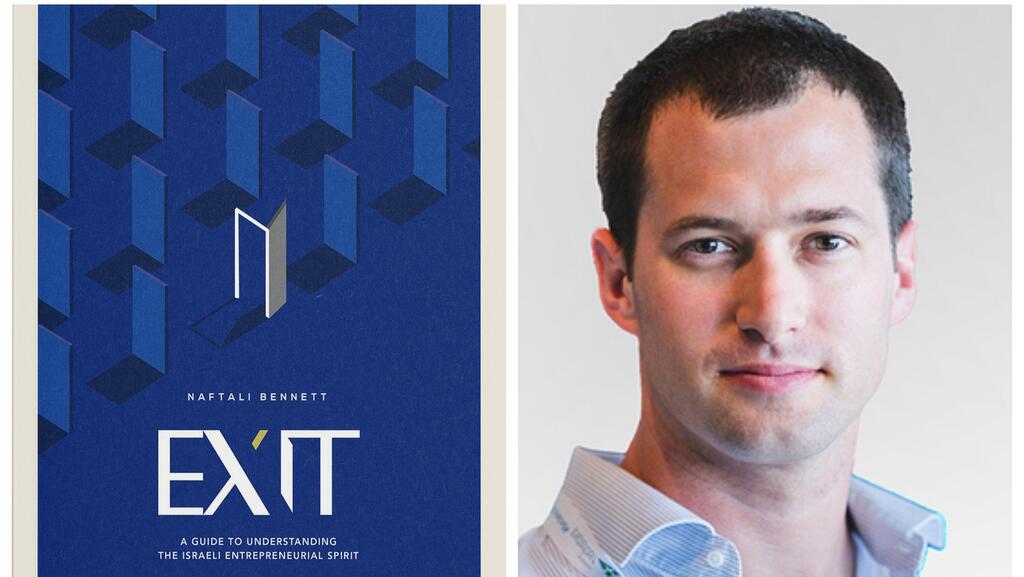
BiblioTech
CTech's Book Review: Lessons from an Israeli startup journey.
Assaf Luxembourg, partner at Plus972 creative agency, shares insights from the book ‘’Exit’’ by Naftali Bennett.
Assaf Luxembourg is a partner at Plus972, a fully-integrated branding, marketing, and design agency where he leads the agency’s operations in Israel. He has joined CTech to share a review of ‘’Exit’’ by Naftali Bennett.
Title: “Exit’’
Author: Naftali Bennett
Format: Online-book
Where: Home
Summary:
The book "Exit" contains the main insights, mistakes, and lessons from the journey of Naftali Bennett, who was a successful Israeli serial tech entrepreneur and investor, way before entering politics and becoming Israel’s prime minister in 2021. The book mainly focuses on Bennett’s journey with Cyota, his first startup, which made a notable exit in 2005. Many of the book’s insights are universal timeless business and leadership lessons.
Important Themes:
The book contains insights and takeaways on many aspects of a tech startup journey, from raising money to product development, from marketing and sales to leadership and management, from the early stage to pre-exit, and more.
‘’Exit’’ is written in a very “Israeli way.” Instead of a plot with a beginning, middle, and end - the book is constructed according to topics with quick, actionable “Tachles'' lessons. This allows readers to jump through topics and insights according to interest without being confined by the structure of the book.
Related articles:
What I’ve Learned:
Personally, I took many lessons from this book, which I find myself using to this day when working with startups and doing entrepreneurship education.
One notable lesson is about client pitching. Bennett tells the story of how he and the Cyota team learned from inpatient clients to avoid presenting the company, product, benefits, and features - and instead focus only on 1. How are they different from the competition, and; 2. Why the client should care and those differences.
As someone who helps startups, I came to learn that the usual tendency of founders is to sell the dream. Of course, we want to tell the story of the problem, the solution, the product-market-fit, the team… However, when pitching to clients, we must remember that it’s not about us, but about them. Bennett himself writes, “Some will say that all these things are obvious. Fundamentals of marketing and business. They are right. But look around you, at all the companies that offer you products and services. Usually, there is no real difference between the various competitors, or there are differences that are not relevant to you.”
Who Should Read This Book:
The immediate target audience for this book is of course founders and entrepreneurs who wish to gain practical insights about the tech startup journey, from a successful case study.
More so, international business people who work with Israelis, or are interested in understanding “Startup Nation”, may find this book useful and valuable in providing a glance at an “Israeli way” of doing business, building startups, and approaching challenges.
Last, I believe many Israelis who work with overseas partners would see value in sharing this book with their colleagues, as a way to show the local startup culture in an eye-leveling way.
